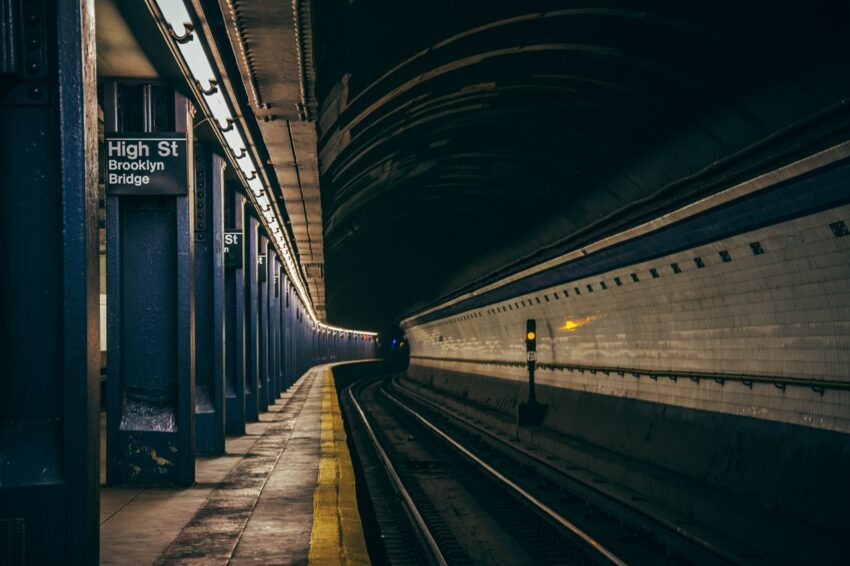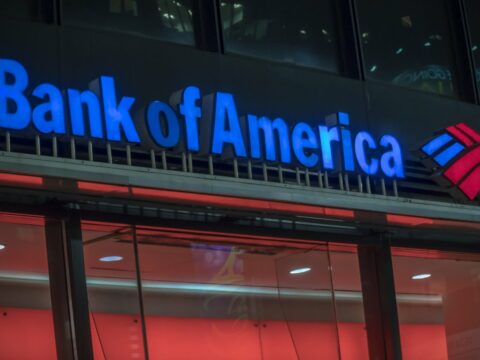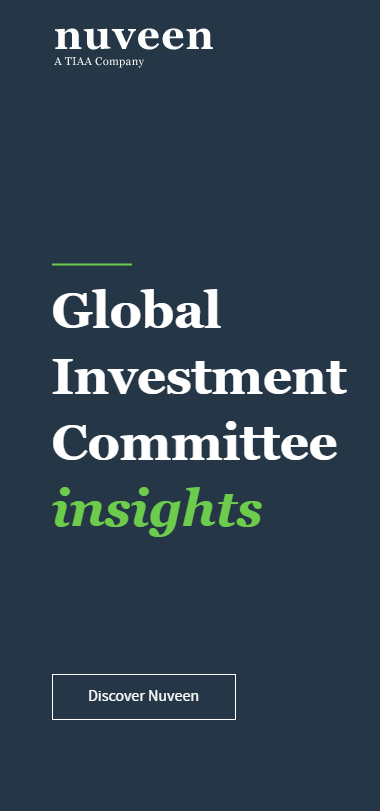
August 8, 2019 – In a report issued today, Moody’s Investor Service laid out an argument in favor of New York State increasing income taxes on residents to pay for the MTA’s capital maintenance and new investments.
Moody’s analytical team made very strong points, in particular in their assertion that dedicated MTA taxes are such a small portion of the personal income of the service areas (in the main – New York City, Westchester and Long Island) that middle-class and wealthy residents can easily afford to pay a bit more to fund the $40-50 billion needed by the MTA over the next decade to fund improvements.
By contrast, assuming historical data is predictive, the bottom two quintiles of service area residents are likely to experience muted income growth. Moody’s argues that if the MTA were to rely on passenger fee growth, the relatively low income of its users would constrain the authority’s ability to raise fares, resulting in compromised service, and further weaken revenues. In other words – the proverbial vicious cycle will take hold.
Moody’s, reasonably, concludes that raising taxes to invest in the MTA is really a win-win for everyone:
Mass transit is one of the tools governments use to drive their economies, improve mobility, and reduce the negative impact of income inequality and the high costs of living on low-income riders. Supportive fare structures and subsidies, combined with continued investment in good transit service, will promote continued population and economic growth, and raise revenues for NYC and MTA.
So what is the crack in the argument, you say?
That one small crack, is that inconvenient creature called politics.
New York Democrats are giddy with power. Legislators are petting themselves in the back for an accomplishment-packed session. New York City is bustling with nervous energy, as the Corey Johnsons and Scott Stringers of the world gear up for the 2021 mayoral race.
As my mama would say, pride comes before a fall.
The congestion tax legislation only passed because public perception was that ride-sharing companies and businesses would bear the brunt of the taxes. In two short years however, the congestion zone will actually be put in place and City residents will find their previous $10 Uber fare increasing to $13, $15 maybe more.
Upstate and in Long Island, where antipathy for taxes has been longstanding, any further increase in taxes (whatever creative name legislators want to call it – the Save New York MTA Tax, maybe?) could tilt Democratic-leaning seats to Republicans. After the 2020 election, Democrats will have to find another bogey person to drive voter turnout and that person will not likely be a Trump (but who knows yeah)?
So the small wrinkle in Moody’s Big Bang Theory to save the MTA is an age-old wrinkle:
What legislators provide by increasing taxes, legislators can take back by decreasing taxes.
Even if current New York legislators approve a tax increase to fund the MTA, subsequent majorities can easily repeal those same taxes. There are several precedents, including the commuter tax which was repealed not too long ago.
The beauty of user fees is they are viewed as apolitical. Users generally expect costs to go up gradually, even if as Moody’s points out, for lower income New Yorkers, transit costs are close to 5% of gross income.
In the coming months, as Democrats angle for their NYC mayoral campaigns, count on hearing more about the ways, nays and equity involved in funding the nation’s most important transit system.
Contact Lisa Lopez at LLopez@buymuni.com.



